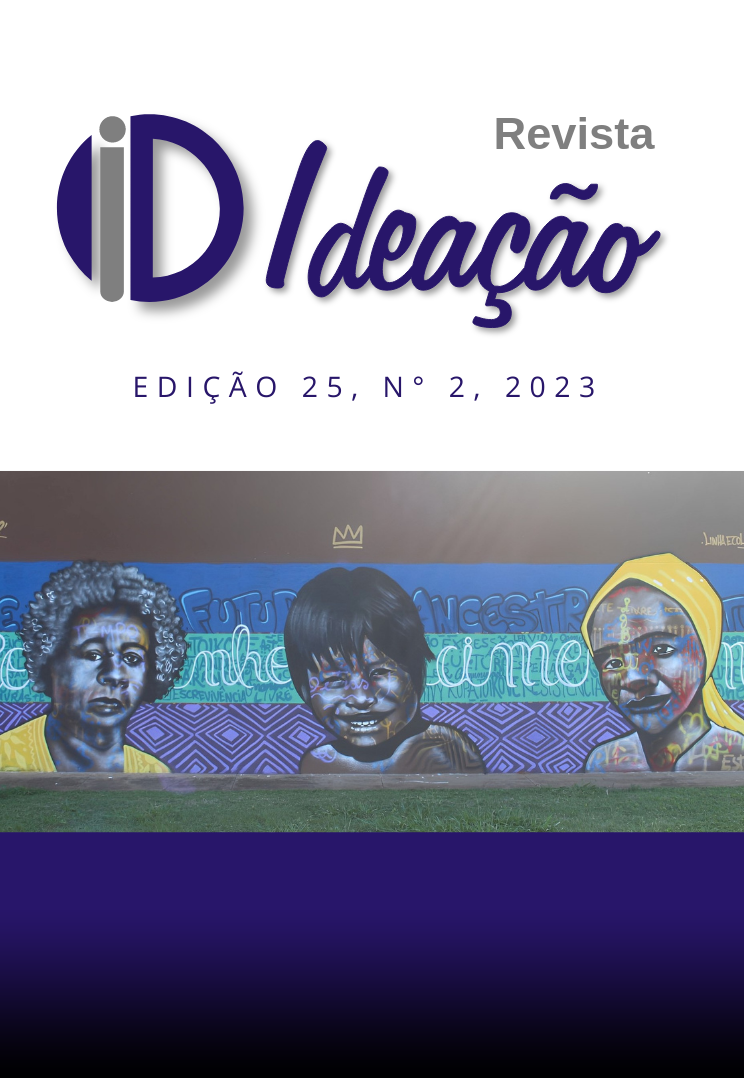Socio-spacial practices in schools in Rio Grande - RS
Occupation, youth protagonism and democratic participation
DOI:
https://doi.org/10.48075/ri.v25i2.30147Keywords:
High school occupation movement, socio-spatial practices, youth protagonism, public school, democracyAbstract
The article is about of the political moment experienced between the months of May and June 2016 regarding the movement made by the high school students and which won the schools, the streets and the media of the time with the Occupation Movement nomenclature, in the space cut of the municipality of Rio Grande in the state of Rio Grande do Sul - RS. It is based on the socio-spatial practices that constituted it, making it possible to understand their social and personal processes. The qualitative research had as method for data generation the narrative interview with students who participated in the occupation process in ten schools in the city mentioned. These memories were analyzed from the procedure for data processing of the content analysis. The basis of analysis was organized with the concepts of place, territory, networks and political action to understand the processes developed in the schools during the movement and also in the period that followed it. As a result the research revealed that democratic learning was built from a process of youth protagonism as political action, with achievements in the political and personal that reconfigured the schools as territory and place at that time and space of occupations. As result the research revealed that democratic learning was built from a process of youth protagonism as political action, with political achievements and personal that reconfigured the schools as territory and place at that time and space of occupations.
Downloads
Published
How to Cite
Issue
Section
License
Copyright (c) 2023 Direitos partilhados conforme licença CC BY-NC-SA 4.0

This work is licensed under a Creative Commons Attribution-NonCommercial-ShareAlike 4.0 International License.
Authors who publish in this journal agree with the following terms:
1. Authors maintain copyright and grant the journal the right of first publication, with the work simultaneously licensed under the Creative Commons Attribution License that allows the sharing of the work with recognition of authorship and initial publication in this journal.
2. Authors are authorized to assume additional contracts separately, for non-exclusive distribution of the version of the work published in this journal (e.g., to publish in an institutional repository or as a book chapter), with acknowledgment of authorship and initial publication in this journal.
3. Authors are allowed and encouraged to publish and distribute their work online (e.g., in institutional repositories or as a personal page) at any point before or during the editorial process, as this may generate productive changes, as well as increase the impact and citation of the published work (See The Effect of Free Access).
Creative Commons License
This work is licensed under a Creative Commons Attribution-Noncommercial-ShareAlike 4.0 International License, which permits sharing, copying, distributing, displaying, reproducing, the whole or parts provided it has no commercial purpose and the authors and source are cited.


